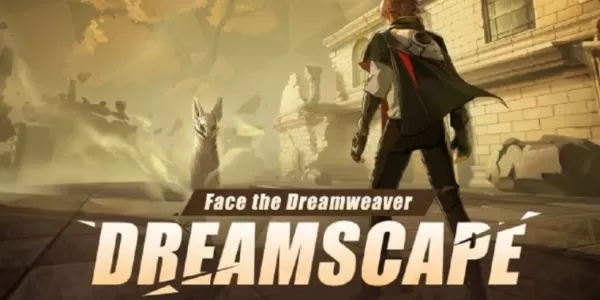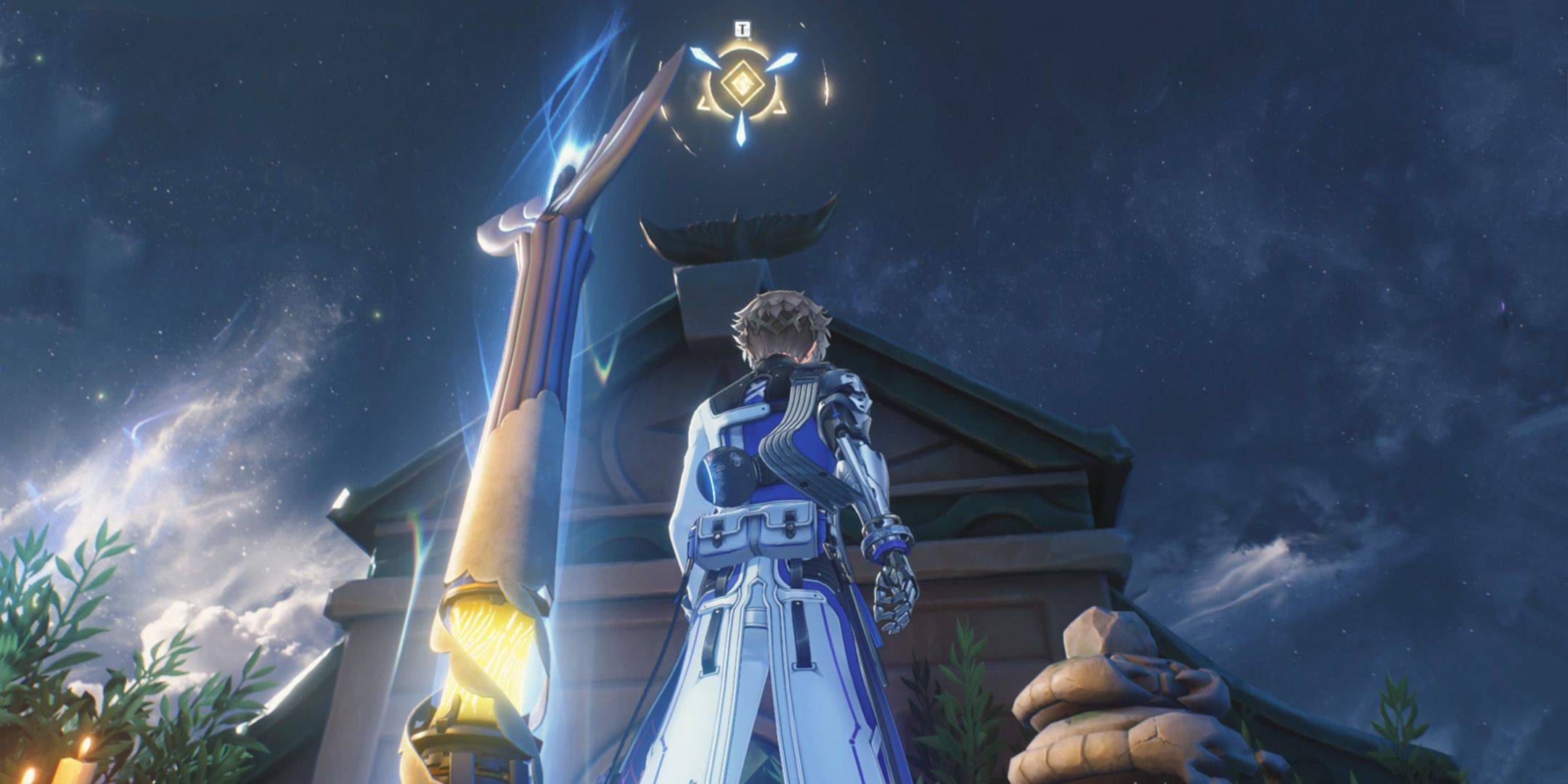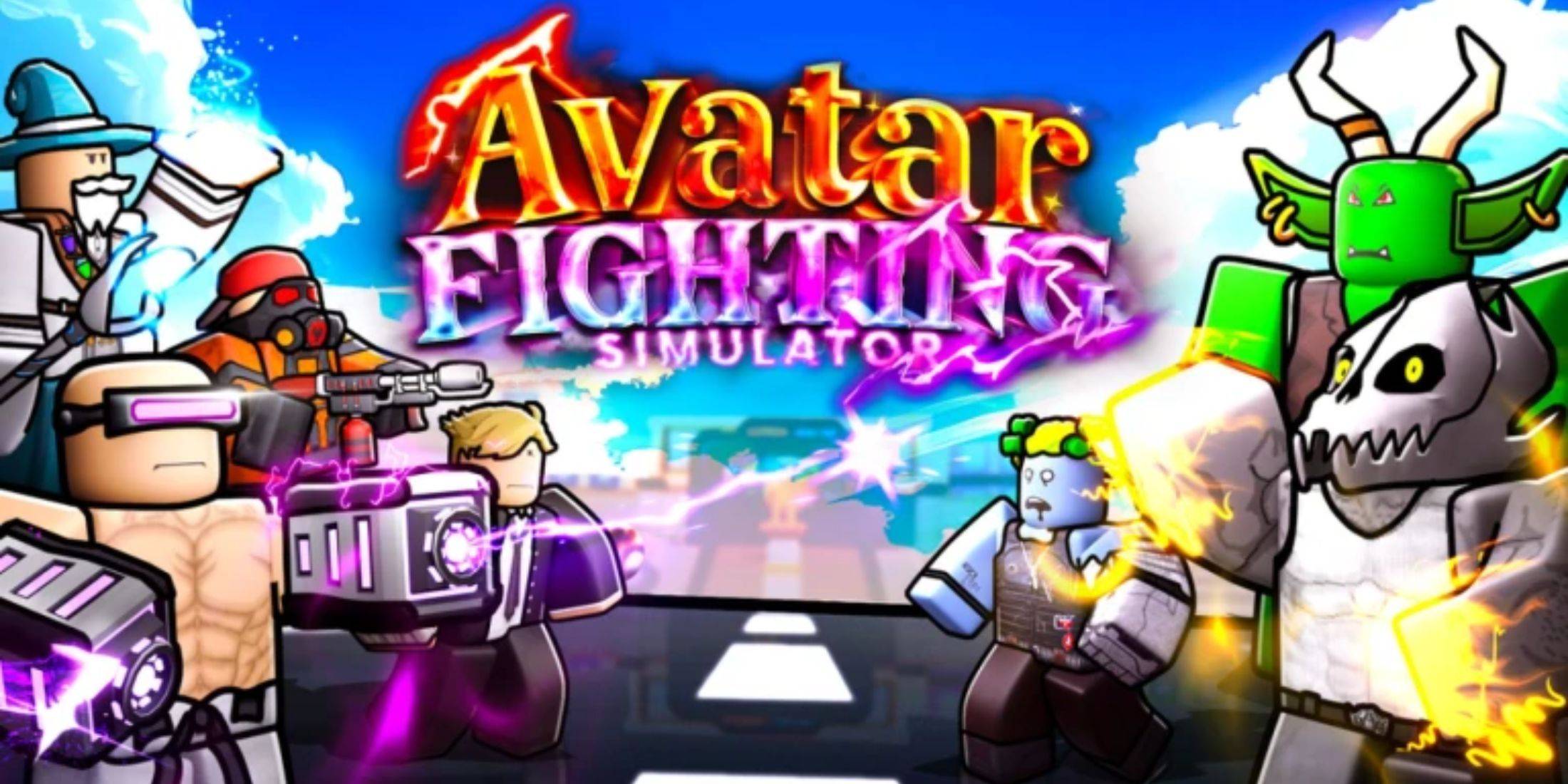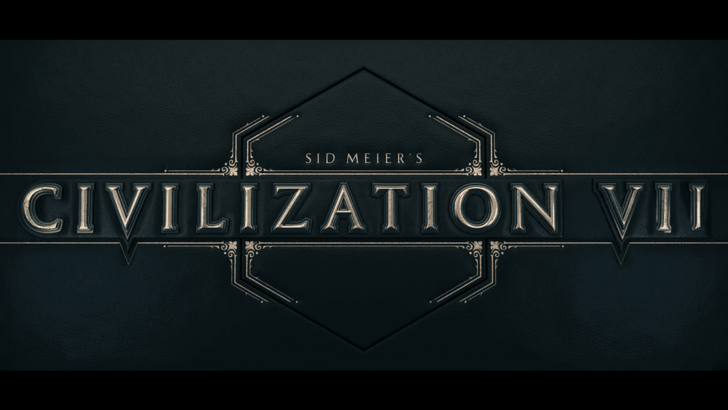
Sid Meier's Civilization VII has surged to the forefront as the Most Wanted game of 2025, captivating fans and industry insiders alike. At the heart of this excitement are the innovative mechanics designed to make campaigns more engaging and complete. Dive in to discover what makes Civ 7 a standout title at PC Gamer's event and what new features await eager players.
Civ 7 Gaining Momentum Ahead of its 2025 Release
Bagged the Most Wanted Game for 2025

The PC Gaming Show: Most Wanted, hosted by PC Gamer on December 6, unveiled Civilization VII as the top anticipated game for 2025. This three-hour livestream event showcased the top 25 most exciting projects slated for the coming year. The rankings were determined by The Council, comprising over 70 members including renowned developers, content creators, and PC Gamer's editorial team. The event also featured new trailers and content for other notable titles such as Let’s Build a Dungeon and Drivers of the Apocalypse.
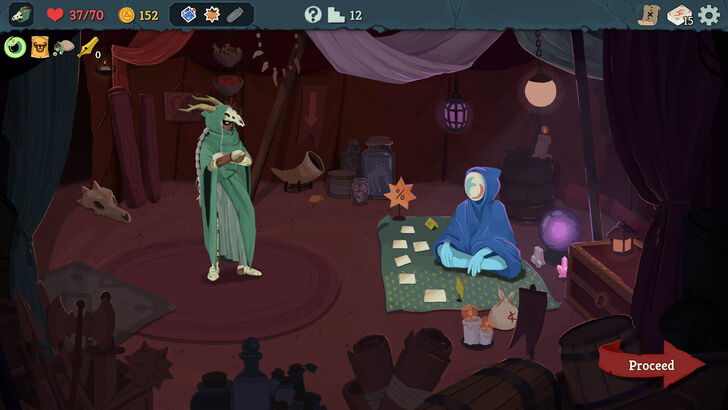
Hot on the heels of Civ 7, Doom: The Dark Ages secured the second spot, followed by Monster Hunter Wilds in third. The indie sensation Slay the Spire 2 claimed the fourth position. Other notable entries included Metal Gear Solid Delta: Snake Eater, The Thing: Remastered, and Kingdom Come: Deliverance II. Surprisingly, Hollow Knight: Silksong did not feature in the list or during the event.
Civilization VII is set to launch simultaneously on PC, Xbox, PlayStation, and Nintendo Switch on February 11, 2025.
Civ 7 Game Mechanic Helps Players Finish Campaign
Civ 7's Creative Director, Ed Beach, shed light on a groundbreaking campaign mechanic called Ages during a PC Gamer interview on December 6. Inspired by data from Civilization VI showing many players not completing campaigns, Firaxis Games aimed to address this issue head-on."We had a lot of data that people would play Civilization games and they would never get all the way to the end. They just wouldn’t finish them. And so we wanted to do whatever we could—whether it was reducing micromanagement, restructuring the game—to really address that problem directly," Beach explained.
Civ 7 introduces the Ages feature, dividing a single playthrough into three distinct chapters: the Antiquity Age, the Exploration Age, and the Modern Age. Players can transition to a new civilization at the end of each Age, mirroring the historical rise and fall of empires. However, this transition is not arbitrary; the next civilization must have a historical or geographical connection to the previous one. For example, transitioning from the Roman Empire to the French Empire is facilitated by the Norman Empire.
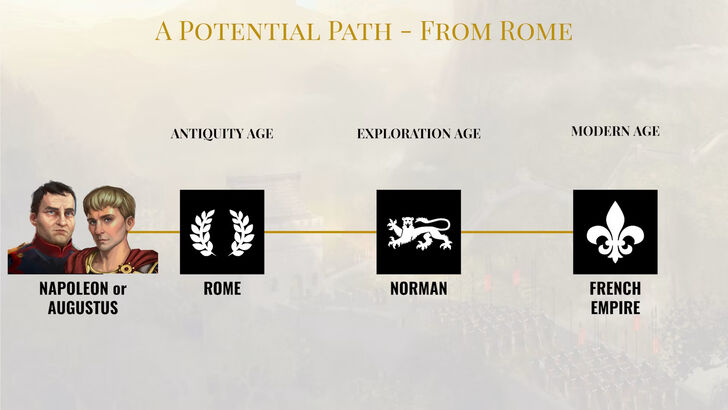
Leaders remain constant across all Ages, ensuring players maintain a connection with their chosen leader throughout the campaign. Additionally, the "overbuild" feature allows players to construct new buildings atop existing ones after transitioning to a new Age, while Wonders and some structures persist throughout the playthrough.
These new mechanics enable players to experience multiple civilizations within a single campaign, offering fresh approaches to cultural, military, diplomatic, and economic strategies while fostering a continuous bond with their chosen leader.

